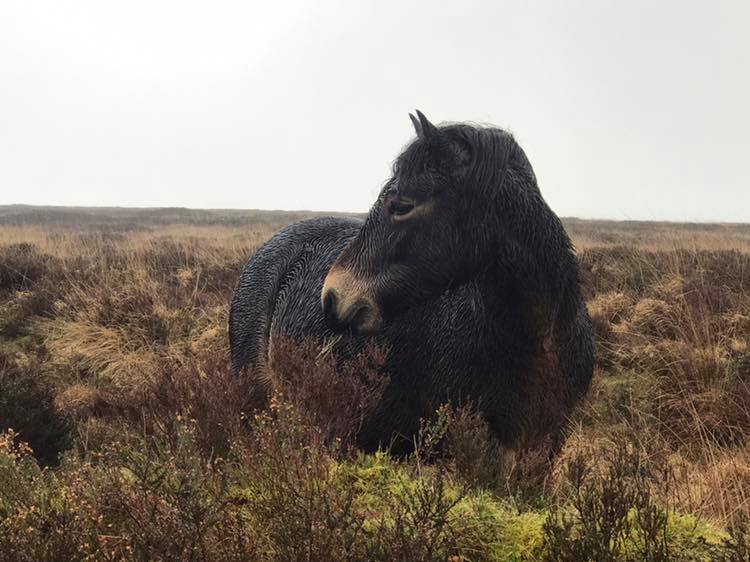Kelly has been certified as a Board Certified Assistant Behaviour Analyst (BCaBA) with the Behavior Analysis Certification Board (BACB) since 2003.
In 2006, Kelly qualified as an Equine Behaviour Consultant and in 2012 became the 3rd UK based Certified Equine Behaviour Consultant (CEBC) with the International Association of Animal Behaviour Consultants (IAABC). This led to registration with the Animal Behaviour and Training Council (ABTC) as an Accredited Animal Behaviourist (AAB).
In 2011, Kelly qualified as a Canine Behaviour Consultant and has been supporting dog owners and their animals ever since.
Kelly has just completed training to become a Trainee Transactional Analyst Psychotherapist. This knowledge has greatly enhanced the way Kelly supports owners/ guardians.
The reality of life with our animals can sometimes end up being far from how we imagined it. This can cause big feelings of overwhelm, frustration and even grief, as we navigate a different way of living with our beloved horse or dog.
But things don’t need to stay that way !
We can work together to figure out why your horse or dog are behaving as they are and truly understand the feelings underneath their behaviour. When we look at what they need as individuals in order to feel safe and ready to learn new skills, we can set you all up for success. Doing this means that you will be able to create lasting changes for them.
Kelly wrote the chapter on “caring for the older horse” in this book and was very grateful to be asked to contribute.

Having a herd that’s mostly made up of rescue horses and ponies and previously sharing her home with two and now one rescue dog, Kelly has personal experience of how their needs and the skills that they might be missing, can impact family life. It is not just the animals that may be missing skills too, often we need to learn new ways of being and doing to help them overcome obstacles.
It is never the animal’s fault, but that doesn’t mean life will be plain sailing. When we truly understand what they need to do on a daily basis, along with being able to read the subtleties of their body language, we start to understand them a lot better. Couple this with knowing how to build motivation for learning and how to shape up those new skills, we have a winning combination that improves welfare and wellbeing, for all.
